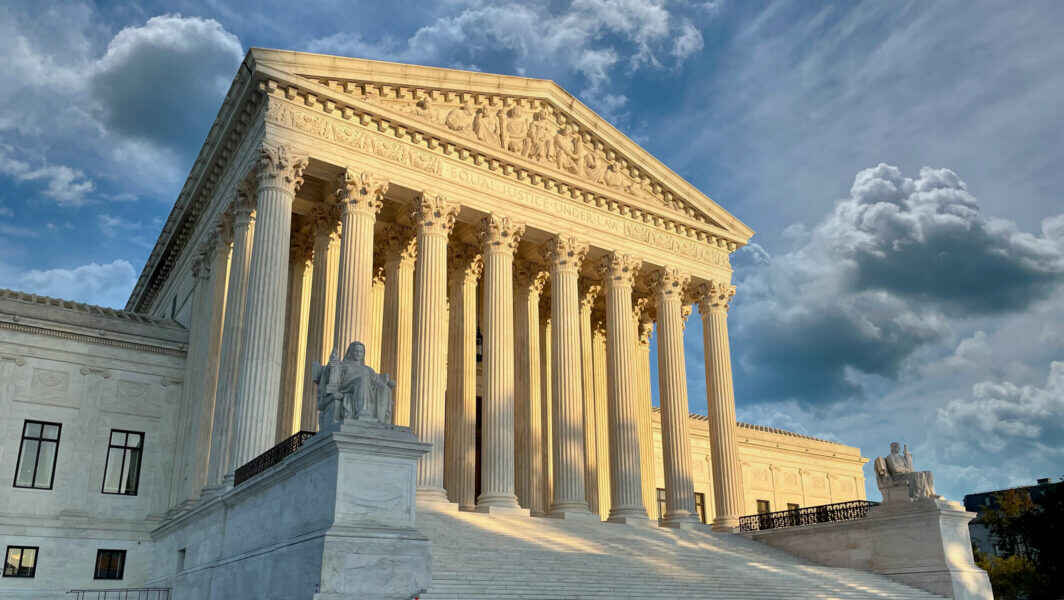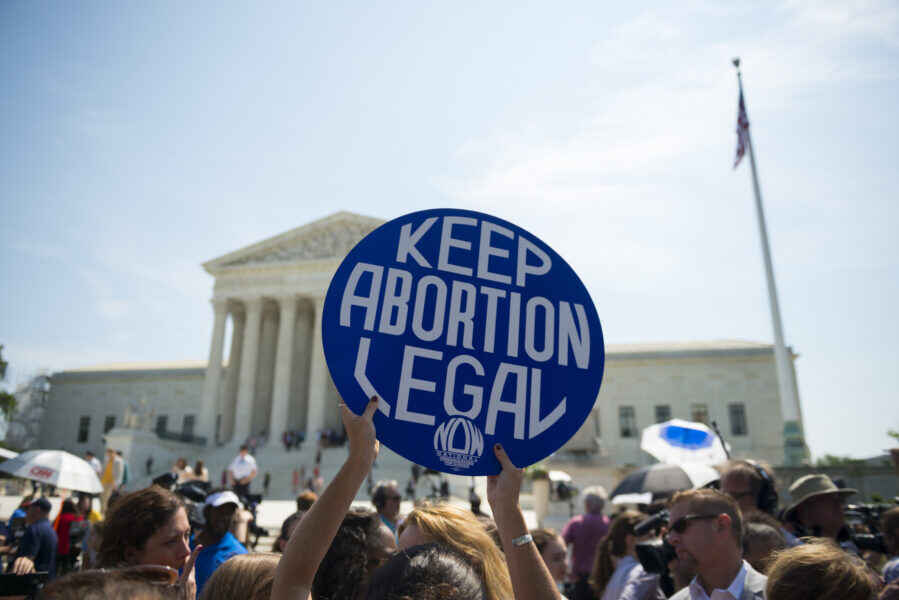
Restricting Education on Race and Racism: Legislative Concerns and Bright Spots
Law & Policy InsightsMechanisms for Advancing Health EquityRacism as a Public Health CrisisMechanisms for Advancing Public HealthThere is clear evidence of racism’s broad impact on health. According to the Centers for Disease Control and Prevention, “A growing body of research from leading organizations demonstrates that racism itself—above and beyond other social determinants of health—negatively impacts health outcomes.” Yet, at the same time that jurisdictions across the nation have taken steps to progress health equity and recognize that racism is a public health crisis, there has also been an alarming trend of states actively restricting education on these crucial topics.








